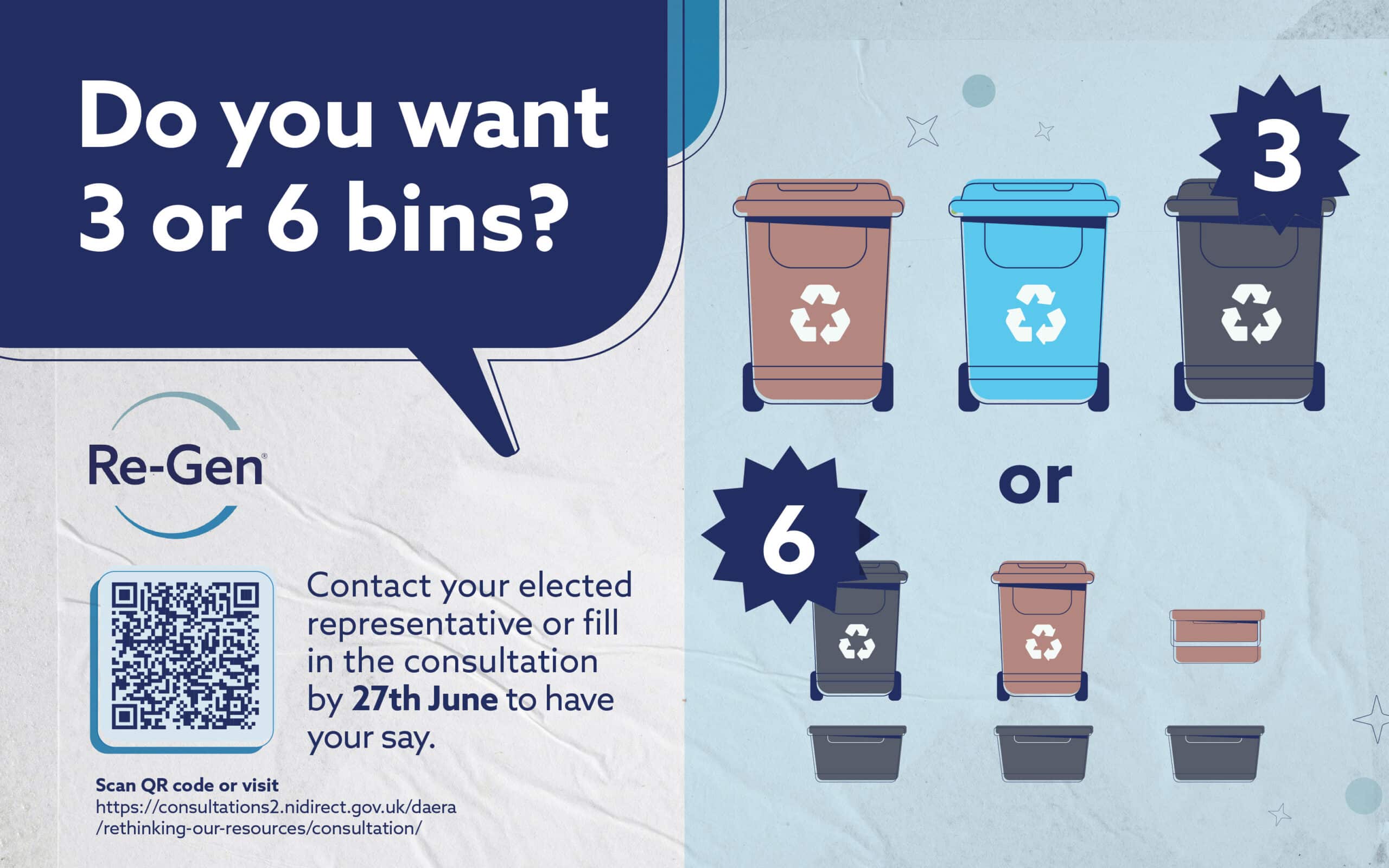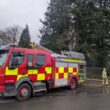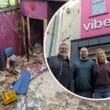
The Department of Agriculture Environment and Rural Affairs has launched a consultation on the future of recycling.
It calls for input from all of us into how waste is collected from Northern Ireland’s households and businesses.
At present, each of the 11 councils have differing collection systems and DAERA wants to decide on one uniform method for the whole of Northern Ireland.
This could result in every household here being required to sort their waste into as many as six bins, similar to the boxes required in many parts of the greater Belfast area, a system which was removed from the old Armagh Council area some time ago.
However, it has been proven that the three-bin system – where all household waste is sorted into one of three wheelie bins – is the best for Northern Ireland’s environment, best value for the public purse and the most convenient.
Known as mixed recyclable, it is the simplest system, with the blue, or in some cases green, bin accounting for all dry recyclables AND glass; the brown bin for food and garden waste and the grey or black bin for all residual waste.
Here’s why mixed recyclable is best:
– It’s the easiest for householders so leads to the highest levels of recycling: Put all your waste in three large wheelie bins and let recycling companies like Re-Gen sort your dry waste.
– It’s the best value for the public purse: Moving to the six-box system will cost Stormont £1 billion over the next seven years, money which would be better spent on schools or hospitals.
– It produces a premium level of recyclate: paper, plastic, glass and other material recovered from a mixed recyclable system are as good as material collected from the box systems so can be easily recycled.
We, at Re-Gen, believe fully mixed recyclable waste collection system, known as commingled, is better for the taxpayer, for the environment and for you.
Take the survey below and have your say:





